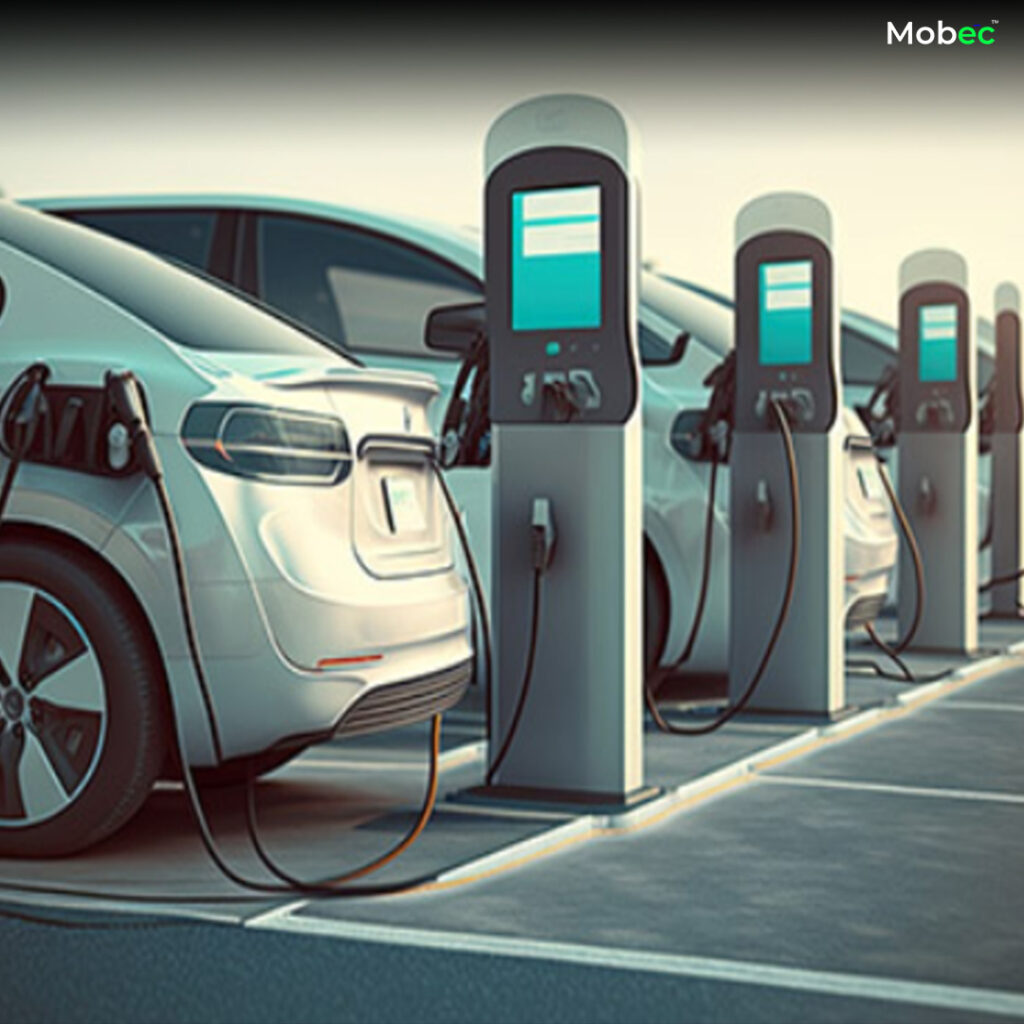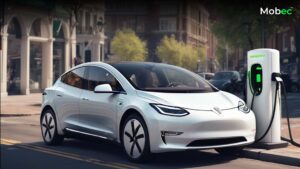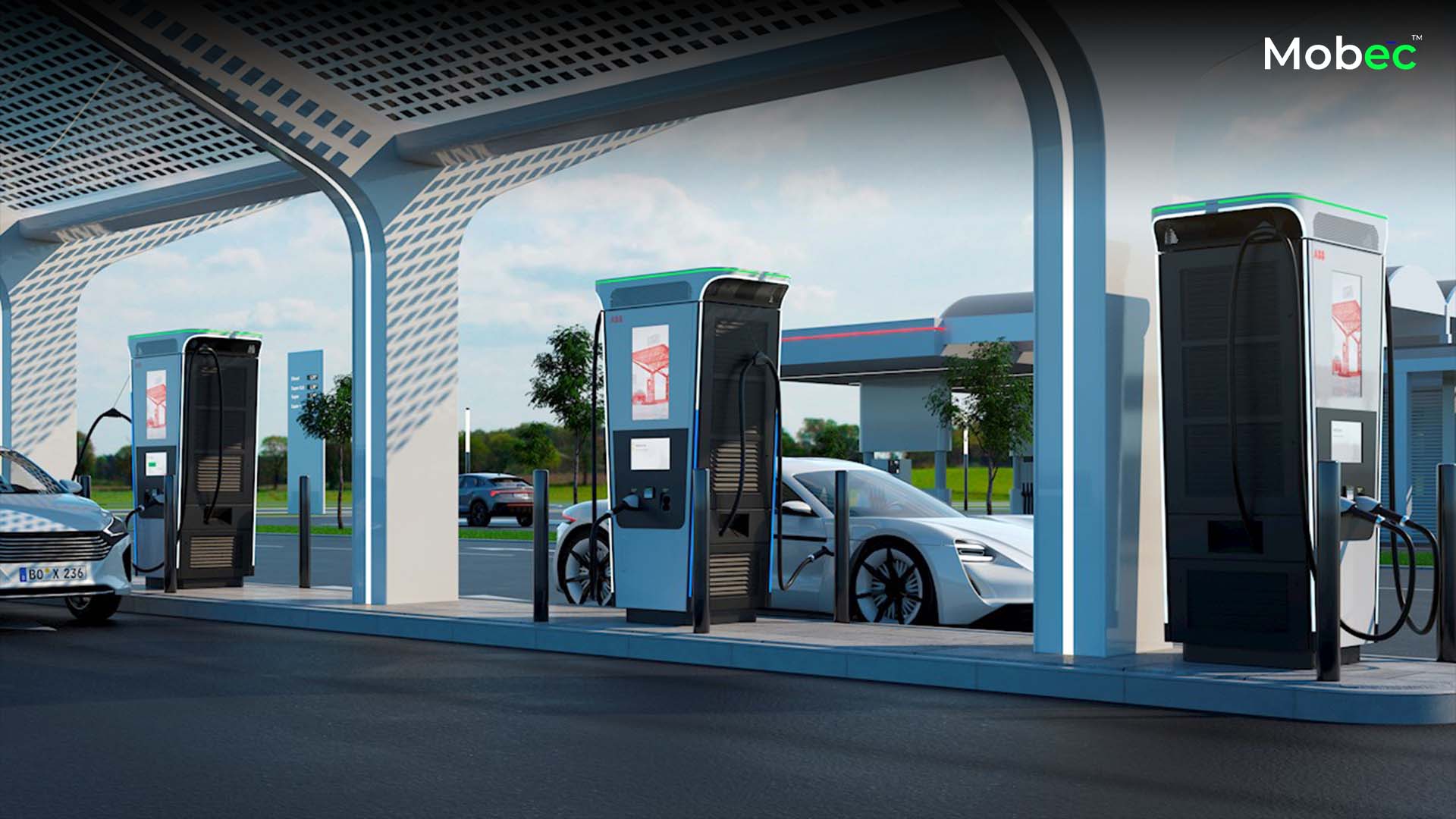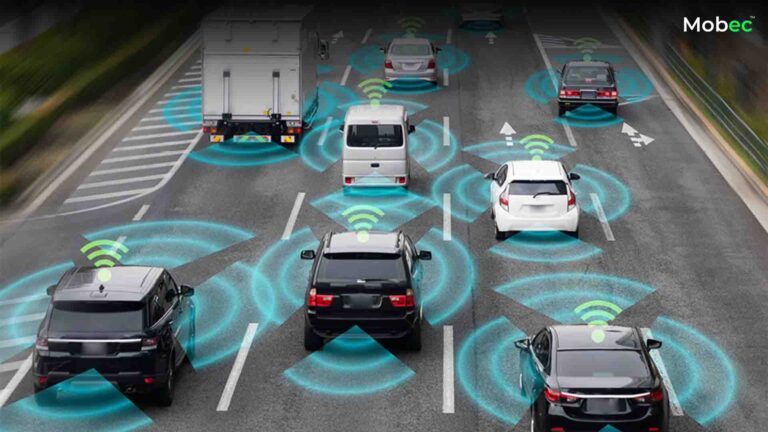In the fast-evolving landscape of electric vehicles (EVs), the symbiotic relationship between public and private sectors plays a pivotal role in shaping the future of EV charging infrastructure. This article delves into the dynamics of Public-Private Partnerships (PPPs) and their crucial contributions to the acceleration of EV charging deployment.
The Significance of Effective Collaboration

A. Setting the Stage for Success
Effective collaboration is the linchpin for successful Electric Vehicle charging initiatives. Explore the foundational aspects that set the stage for robust partnerships, emphasizing the mutual benefits derived from a harmonious alliance.
B. Leveraging Synergies
Uncover the unique strengths and contributions of both public and private entities, highlighting the synergies that arise when expertise, resources, and goals align. This section emphasizes the shared vision required for sustainable Electric Vehicle charging solutions.
Case Studies of Successful Partnerships

A. Pioneering Collaborations
Examine case studies of successful PPPs that have driven tangible outcomes in the world of Electric Vehicle charging infrastructure. Highlight key strategies, challenges faced, and the replicable elements that contribute to their success.
B. Lessons Learned
Draw insights from the experiences of pioneering collaborations, shedding light on the lessons learned and the principles that can guide future PPPs toward success.
Innovative Financing Models

A. Beyond Conventional Funding
Explore innovative financing models that propel the growth of EV charging networks. From public bonds to green investment funds, uncover the diverse financial mechanisms driving the economic viability of charging projects.
B. Public Funding Challenges and Solutions
Identify challenges associated with public funding for EV charging projects and present strategic solutions for ensuring a steady financial influx.
Strategies for Overcoming Challenges
A. Regulatory Frameworks
Navigate the intricate regulatory landscape governing EV charging. Discuss strategies for overcoming regulatory hurdles and the role of supportive government policies in fostering a conducive environment.
B. Technological Advancements
Explore the technological challenges in EV charging infrastructure and present innovative solutions, including the role of emerging technologies such as smart charging and artificial intelligence.
Ensuring Equitable Access to Charging
A. Addressing Urban-Rural Disparities
Examine strategies for addressing disparities in EV charging infrastructure access between urban and rural areas. Discuss initiatives for ensuring inclusivity in both geographic landscapes.
B. Social and Economic Considerations
Investigate the social and economic factors influencing EV charging access. Discuss measures to ensure affordability for diverse socioeconomic groups and strategies for promoting environmental justice.
Future Trends in PPPs for EV Charging
A. Integration with Smart Cities
Explore the integration of EV charging infrastructure with smart city initiatives. Discuss the role of PPPs in building smart charging networks and enhancing overall urban mobility.
B. Global Collaborations for a Sustainable Future
Examine the potential of global collaborations in shaping the future of EV charging infrastructure. Highlight international partnerships and the role of multilateral organizations in fostering sustainable and globally connected EV ecosystems.
Conclusion
In conclusion, the future of Electric Vehicle charging relies on effective Public-Private Partnerships. This article has explored the collaborative strategies, financial models, and innovative solutions that pave the way for sustainable and inclusive EV charging networks. As we navigate the evolving landscape, fostering strong partnerships remains the key to driving sustainable mobility for all.
This comprehensive exploration of PPPs in EV charging serves as a guide for stakeholders, policymakers, and industry players to navigate the challenges and embrace the opportunities that lie ahead. The journey toward a greener and more accessible EV future begins with the collaborative efforts of public and private entities, united in their commitment to driving positive change.
1. What is the role of Public-Private Partnerships (PPPs) in the future of Electric Vehicle charging?
PPPs play a crucial role in shaping the future of Electric Vehicle charging by fostering effective collaboration between public and private sectors. They contribute to the acceleration of EV charging deployment through shared resources, expertise, and a mutual vision for sustainable solutions.
2. How do collaborative strategies set the stage for successful Electric Vehicle charging initiatives?
Collaborative strategies establish the foundation for success by emphasizing mutual benefits in partnerships. Effective communication, shared goals, and leveraging the strengths of both sectors create a harmonious alliance, ensuring robust EV charging initiatives.
3. What are some innovative financing models driving the growth of Electric Vehicle charging networks?
Innovative financing models include public bonds, green investment funds, and other diverse financial mechanisms. These models contribute to the economic viability of EV charging projects, supporting their expansion and sustainability.
4. How can regulatory hurdles in Electric Vehicle charging be overcome through Public-Private Partnerships?
Effective PPPs navigate regulatory landscapes by fostering dialogue with authorities and advocating for supportive government policies. Collaboration helps address regulatory challenges and creates a conducive environment for the growth of EV charging infrastructure.
5. What role do technological advancements, such as smart charging and artificial intelligence, play in overcoming challenges in Electric Vehicle charging infrastructure?
Technological advancements contribute to overcoming challenges by introducing innovations like smart charging and AI. These technologies enhance efficiency, optimize charging processes, and address issues related to scalability and reliability in EV charging infrastructure.
6. How can disparities in EV charging infrastructure access between urban and rural areas be addressed?
Strategies for addressing urban-rural disparities involve inclusive planning and initiatives. Considerations for geographic inclusivity, such as strategic placement of charging stations, can help ensure equitable access for both urban and rural communities.
7. What is the significance of global collaborations in shaping the future of EV charging infrastructure?
Global collaborations play a vital role in shaping the future of EV charging by fostering international partnerships. Multilateral organizations and cross-border collaborations contribute to the development of sustainable and globally connected EV ecosystems.
8. How does the integration of EV charging infrastructure with smart city initiatives contribute to urban mobility?
Integration with smart city initiatives enhances urban mobility by creating interconnected and efficient charging networks. Public-Private Partnerships play a key role in building smart charging infrastructure, optimizing overall urban mobility in the process.





















+ There are no comments
Add yours